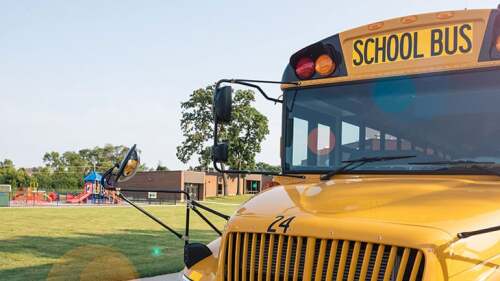Child care licensing requirements ensure the minimum standards are being met and monitored by the appropriate authorities. Typically, child care licensing regulations cover:
- Supervision of children
- Child to adult ratio
- Group size
- Safety of the facility, such as emergency exits, cleanliness, repairs, and potential dangers
- Nutrition of food being served
- Staff training and health
- Health control procedures, such as immunizations, handwashing, and diapering
Child care licensing requirements and regulations vary by state. The first step you should take when determining which regulations to follow is to find your state on the Child Care Technical Assistance Network. This will provide you with your specific licensing requirements for your state.
Child care license exemptions
Many states allow child care providers to be exempt from child care licensing requirements. Some exemptions could be granted if the provider cares for a small number of children, only operates a few hours a day, or is a relative of the children they care for.
Different rules and exemptions can apply for each child care location. You can check your state licensing agency to get more information on exemptions.
Applying for a child care license
State licensing requirements for child care vary, and each state will have its own minimum requirements you must meet to secure your license. Use the Child Care Technical Assistance Network to find licensing contact information, licensing regulations, and any additional standards you may need to meet.
During the licensing process, you will need to undergo a background check. State and federal regulations require background checks for any adult that might work with children unsupervised, such as child care staff members and volunteers.
Once your child care license is obtained, you may have continued training requirements to maintain your license.






